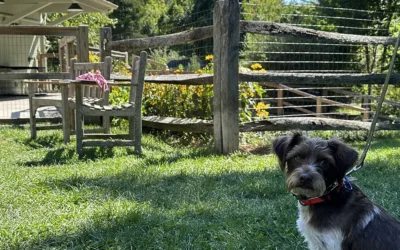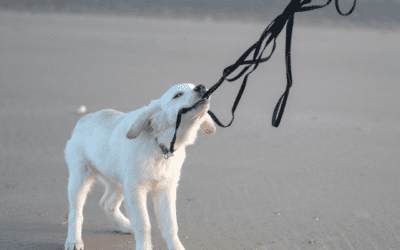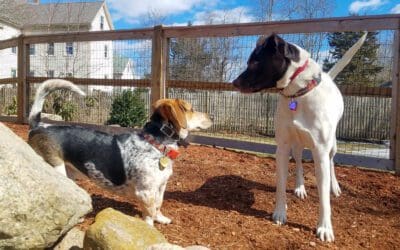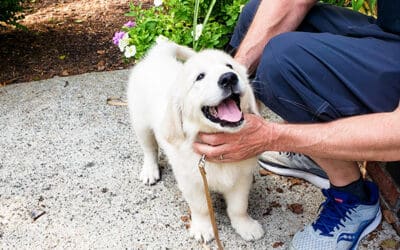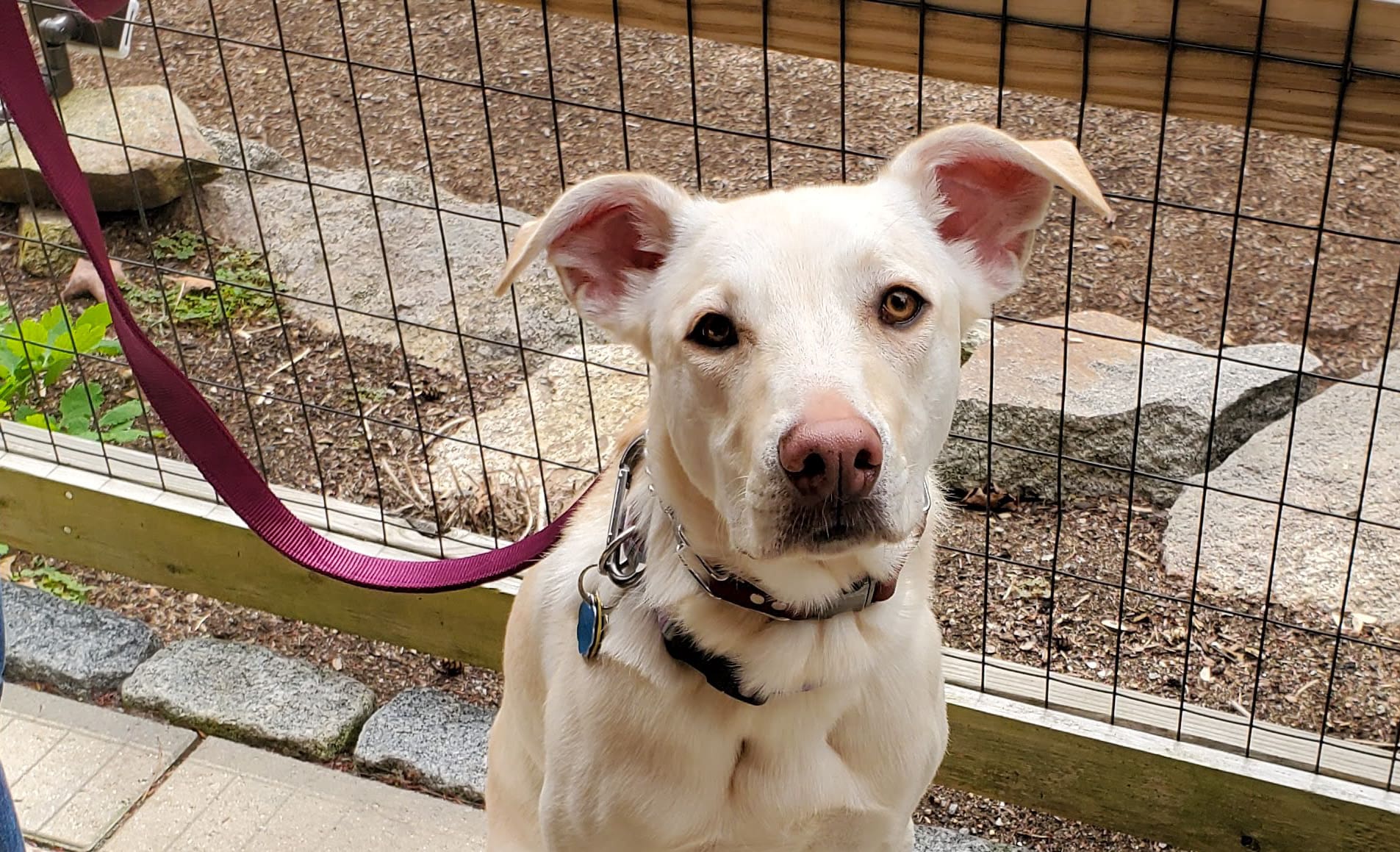You want a better-behaved dog, but where do you begin? Simple steps can help you start to change your relationship with your dog. While the following tips may not change or eliminate behaviors completely, starting on the basics will help if and when you decide to work...
Common Canine Problems Articles
Owners looking for dog training support for common canine issues like barking, rough play, separation anxiety in dogs, and more will find these a helpful starting point. Dog Coach offers balanced dog training that teaches owners to be the calm, confident leader all dogs need.
Separation Anxiety: A Balanced Approach to Curing It Through Training
Separation anxiety in dogs can make your life, and your dog’s, much more challenging than it needs to be. The good news is that it is fixable and you can stop the barking, whining, chewing, digging, and pawing. Your leadership is the key ingredient to changing this...
When and Why To Keep a Leash on Your Dog in the House
Keeping a leash on your dog while inside your home is an easy and effective way to guide your dog’s behavior. Leashes are traditionally used on walks, outside of the house, but added training value can be found in using them inside. Many people seek out dog training...
“My Dog Won’t Stop Biting the Leash. How Do I Make It Stop!”
It’s typical and natural for a puppy or an untrained dog to put the leash in their mouth. It takes patience to work with your dog to make walks and daily life less frustrating and see them drop their leash. Here are points to remember as you start to convey better...
10 Things to Do Instead of Going to the Dog Park
While dog parks may seem like a good idea, they can compromise your dog’s calm, manageable state of mind and all the work you’ve done on training your dog. You can never be quite sure who is there and how other dogs will behave. Instead, opt for one of these choices...
Having a Well-Socialized Dog
Socialization of your dog is built on your human-canine relationship before it’s time for a fun canine-canine interaction. Leadership precedes socialization.Socialization of dogs goes beyond the simple concept of “mixing with others” and “let the dogs work it out.”...
Housebreaking Your Dog
Housebreaking a dog can be a frustrating time but it is an essential lesson in how to train a puppy. It may seem like no matter what you do you cannot get your dog to “Go” outside and then end up cleaning up a mess or puddle in your home. This can drive you to...
Rough Dog Play
Healthy dog play can sometimes look rough and tumble and fierce and that isn’t necessarily a bad thing. But if you are concerned about it, your dog may indeed be playing too rough. Managing off-leash playtime with other dogs can be a real issue.Quick Tips for Rough...
Uncontrolled Barking
Uncontrolled barking can cause neighborhood headaches or even get you thrown out of your apartment. With their keen senses, dogs tune in to things we don’t always hear or see that can put them into serious barking mode. Leaving your dog at home or in your car (when...
Your Dog at the Front Door: What Happens When Guests Arrive?
You’ve taught your dog well. He usually behaves and responds to your commands when people come to your door. But just because your dog knows what to do it doesn’t mean your guests know what they need to do when arriving at your home.
Now Offering Training in Somerville, Cambridge, Medford & Surrounding Area!
See the full list of areas served
North Shore MA In-Person Dog Training
Puppy Training
Team Puppy is for dogs ages 8-16 weeks. The program is 3 sessions, one-on-one and covers:
- Setting a feed and sleep schedule
- Crate training
- Potty training
- Controlling nipping, barking, and more
Foundation Training
Foundation training is a comprehensive approach to dog training. Whether you're looking for obedience training or behavior modification, Our results-driven dog training is a deep dive into how you and your family interact with your dog.
Basic challenges we address include:
- Leash reactivity
- Food and resource guarding
- Fear and separation anxiety
- Dog-to-dog aggression
- Socialization
- Basic dog obedience
Remote Collar Training
Remote collar training is for the dog that tends to make bad choices, is uncontrollable, does not listen to you, or is easily over-excited.
Remote collar training includes all the lessons of our Foundation Program with practice in:
- Sit, place (stay), heel, and down
- Off-leash recall
- Proper responses to excessive barking and resource guarding

